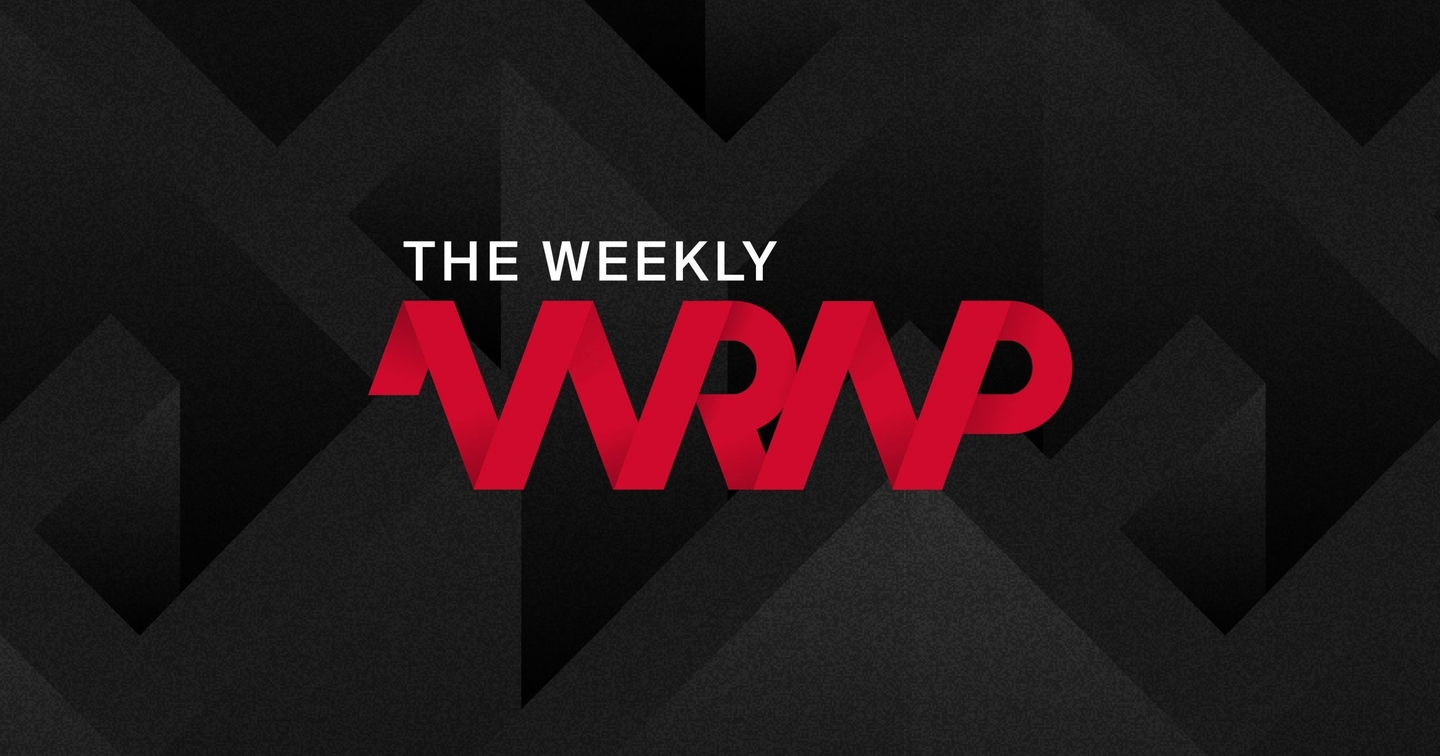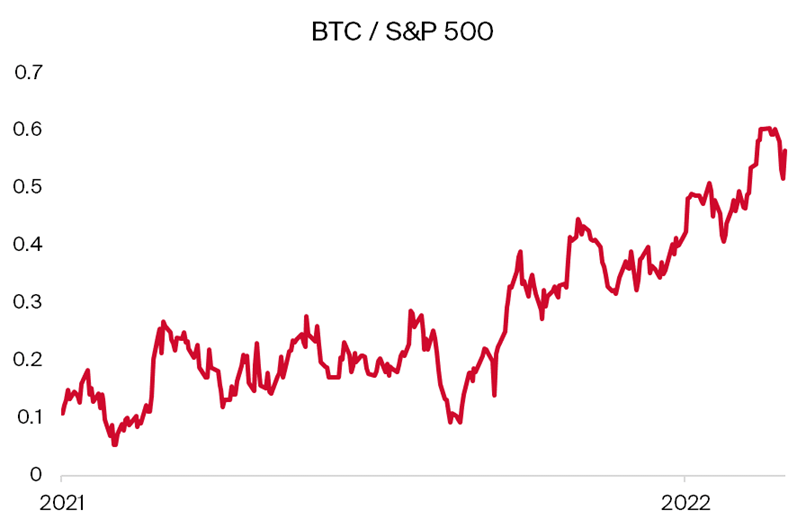The Weekly Wrap: Account freeze, MetaMask, BTC / S&P 500
Mar 4, 2022

1. Crypto exchanges asked to freeze Russian accounts
The Facts:
- The Minister of Digital Transformation of Ukraine called on crypto exchanges to freeze assets of Russian users and politicians.
- Kraken CEO Jesse Powell responded with a thread on Twitter, explaining the legal requirements needed to initiate such an action.
- The legal demands are reportedly in works and could hit Russian users at any time.
Why it’s important:
- While centralized exchanges need to comply with legal demands, decentralized exchanges and smart contracts of any kind that enable conversion of funds are most likely not going to be hit by any actions.
- The inherent functionality of decentralization has per definition been designed to be immune to political and external influence.
It’s fair to assume that over the months to come, you will see us engage in making markets in cryptocurrencies.
- Citadel founder Ken Griffin (via Cointelegraph)
2. MetaMask / Infura
The Facts:
- Iranian and Venezuelan MetaMask can’t access their crypto assets, leading to confrontations on Twitter.
- Any attempt to interact with the Ethereum network is blocked by API provider Infura, developed by ConsenSys and therefore under the same umbrella as MetaMask.
- In response to new sanctions directives from the United States and other jurisdictions the provider mistakenly configured the settings more broadly than needed and is currently working on resolving the issue.
Why it’s important:
- What was supposed to be common knowledge, comes to a surprise for many users, as they apparently didn’t realize the centralized nature of the wallet provider.
- The dependency of the network on as small group of software providers could be an encouragement for new services to enter the market and broaden the stability of infrastructure staples.
Number of the week
Current amount donated in crypto to Ukraine. (via SLOWMIST)
3. BTC correlation to traditional markets
The Facts:
- With a negative score indicating a high negative correlation, the new high reached on February 18th at 0.604 suggests how BTC and the S&P have increasingly been moving in sync for the past few months.
- Form February 28th to March 1st, the period referred to as the “decoupling day”, the S&P 500 was down –10% while BTC outperformed with +17.63%.
Why it’s important:
- With volatility rising in both markets due to uncertainties in the Ukrainian / Russian war, the correlation decoupled slightly after February 22nd, leaving room for interpretation, and opening the discussion of crypto and BTC in general taking on a role as potential “safe haven” in politically unstable times.
- A potential decoupling trend could impact trading strategies and open new opportunities for situational plays and strategic actions.

In other news
- Lugano to make BTC and USDT legal tender. (via Cryptoslate)
- ConsenSys lawsuit. (via. PR Newswire)
- The Fed to increase rates in two weeks. (via. BBC)
Do you like reading The Weekly Wrap?
Sign up for all the insights – straight to your inbox.
